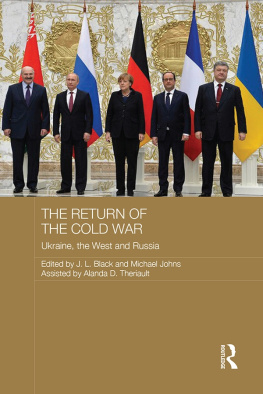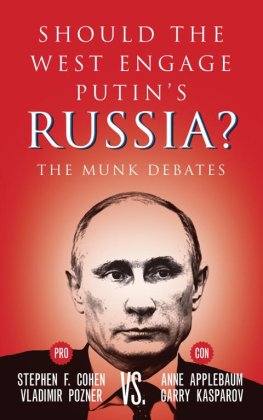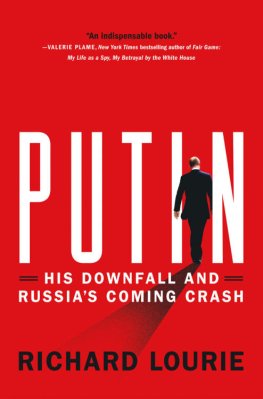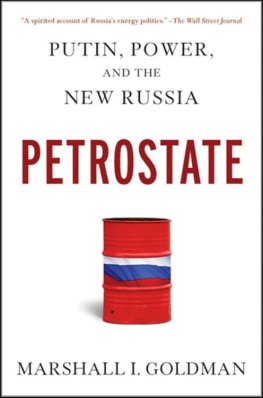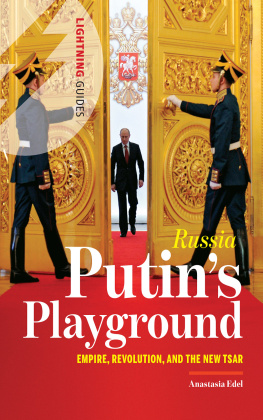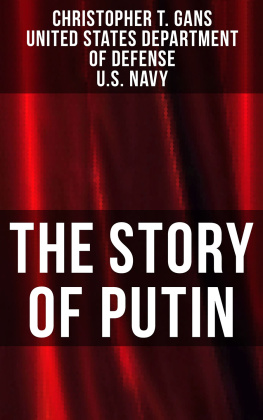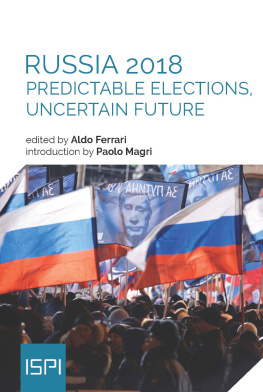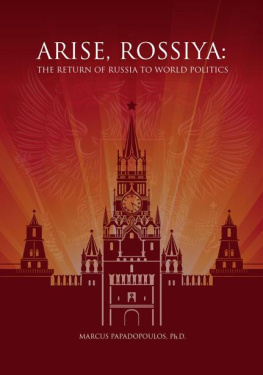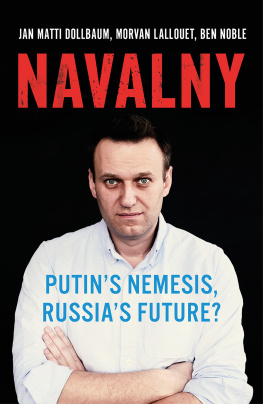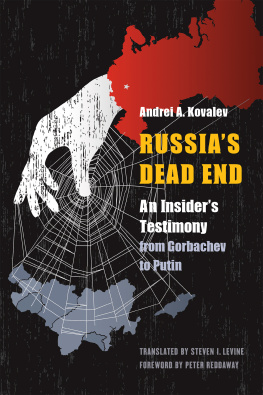
Russia after 2020
This book presents a comprehensive survey of the current state of Russia and
how Russia is likely to develop in the immediate future. Not always sticking
to the mainstream narrative, it covers political events including Putins con
stitutional reforms of January 2020 and their likely consequences, economic
developments, Russias international relations and military activities, and
changes and issues in Russian society, including in education, the place of
women, health care and religion. Special attention is paid to manifestations
of the COVID-19 pandemic. The books overall conclusion is that events of
2020 may compel Putin to think again before he decides whether to run for
office in 2024.
J. L. Black is an Emeritus and Distinguished Research Professor at Carleton University, Canada, and an Adjunct Professor at Laurentian University,
Canada.
Routledge Contemporary Russia and Eastern Europe Series
Law and Power in Russia
Making Sense of Quasi-Legal Practices
Hvard Bkken
Putins Third Term as Russias President, 2012-18
J L Black
Soviet and Post-Soviet Sexualities
Edited by Richard C. M. Mole
De Facto States in Eurasia
Edited by Tom Hoch and Vincenc Kopeek
Czech Democracy in the New Millennium
Edited by Andrew L. Roberts with Stanislav Balk, Michal Pink, Marek Ryb,Peter Sp, Petra Svainov and Petr Voda.
Russia's Food Revolution
The Transformation of the Food System
Stephen K. Wegren
The Sense of Mission in Russian Foreign Policy
Destined for Greatness!
Alicja Curanovi
Soviet Films of the 1970s and Early 1980s
Conformity and Non-Conformity Amidst Stagnation Decay
Edited by Marina Rojavin and Tim Harte
Europe, Russia and the Liberal World Order
International Relations after the Cold War
Timofei Bordachev
Russia after 2020
Looking Ahead after Two Decades of Putin
J. L. Black
Series url: https://www.routledge.com/Routledge-Contemporary-Russia-and
Eastern-Europe-Series/book-series/SE0766
Russia after 2020
Looking Ahead after Two Decades
of Putin
J. L. Black
First published 2022
by Routledge
2 Park Square, Milton Park, Abingdon, Oxon OX14 4RN
and by Routledge
605 Third Avenue, New York, NY 10158
Routledge is an imprint of the Taylor & Francis Group, an informa
business
2022 J. L. Black
The right of J. L. Black to be identified as author of this work has
been asserted by him in accordance with sections 77 and 78 of the
Copyright, Designs and Patents Act 1988.
All rights reserved. No part of this book may be reprinted or
reproduced or utilised in any form or by any electronic, mechanical,
or other means, now known or hereafter invented, including
photocopying and recording, or in any information storage or
retrieval system, without permission in writing from the publishers.
Trademark notice: Product or corporate names may be trademarks or
registered trademarks, and are used only for identification and
explanation without intent to infringe.
British Library Cataloguing-in-Publication Data
A catalogue record for this book is available from the British Library
Library of Congress Cataloging-in-Publication Data
A catalog record has been requested for this book
ISBN: 978-0-367-74594-3 (hbk)
ISBN: 978-0-367-74595-0 (pbk)
ISBN: 978-1-003-15864-6 (ebk)
DOI: 10.4324/9781003158646
Typeset in Times
by SPi Technologies India Pvt Ltd (Straive)
Contents
vi Contents
Contents vii
Although Vladimir Putin is everywhere in this book, this is a story about
Russia, a country that is far more than just its leader. To get a proper perspective, we need to see the world, abroad and at home, through a Russian prism,
and take note of what Russia actually does, not merely what we assume it will
do, or has done. This approach may not provide us with what is correct from
our perspective; rather, it will reflect what most Russians believe to be
correct.
In contrast to the old Soviet days, sources used here will demonstrate that,
even if the state is the main player in the Russian media, especially on TV,
Russian citizens are able to find all sides of political, economic and social
arguments in their own print media, blogs, tweets and Internet.
Both sides of controversial issues will be on display and, though it will
not seem so to those whose minds are already made up, no side will be
taken.
Like its predecessors in chronological accounts, The Russian Presidency ofDmitry Medvedev, 200812 (2015) and Putins Third Term as RussiasPresident, 201218 (2019), this book focusses on a short but crucial period in Russias very recent past and present. Indeed, together they form a trilogy of detail on Russian affairs since at least 2008. The multi-subject approach also echoes chapters in the edited volume, Russia After 2012 (2013), which included essays by a dozen scholars, from four countries.
Using the year 2020 as a make-or-break year in Putins fourth and once
presumed final presidential term, and collating events and developments in a
three-year period (201820) with earlier ones, the book demonstrates how far
Russia has come in its still short post-Soviet history and provides a glimpse
of what may come next.
No recent book deals with as many facets of Russian life as this one does.
Details included here should cause readers to think harder about generally
accepted narratives related to the Russian economy and the consequences of
economic sanctions, the Kremlins relations with Ukraine, Syria, China and
the United States, and the attitudes of citizens towards their government and
president. It is hoped that an understanding of reality will emerge somewhere
between the rosy optimism presented by Russias officialdom and the gloom
and doom presented by Western Russophobes and Russian dissenters.
Preface xi
The coincidence of political turning points in 2020, such as the January
Revolution, constitutional reset and pandemic, all complicated further by a
temporary oil price collapse, pipeline wars, devastating climate change, the
Navalny phenomenon and accelerated Western-imposed sanctions, ensures
that 2020 will be marked as a pivotal one for Russia and its people.
Russian transliteration here is based on a modified Library of Congress sys
tem, with common-use applications for names and places. Most diacritical
marks have been deleted in the main text. Although they both use the Cyrillic
alphabet, the Russian and Ukrainian languages have different spelling for the
same names and places, such as Kyiv (Ukrainian) and Kiev (Russian). Some
of these spelling have political implications, such as Donbass (Russian) and
Donbas (Ukrainian). As much as possible, the spelling used most commonly
by inhabitants of the area/town/region is adopted here.
British spelling and punctuation are used throughout except for personal
and textual titles where other spelling systems are appropriate; for example,
an American Secretary of Defense and Russian Minister of Defence, or in
Next page

